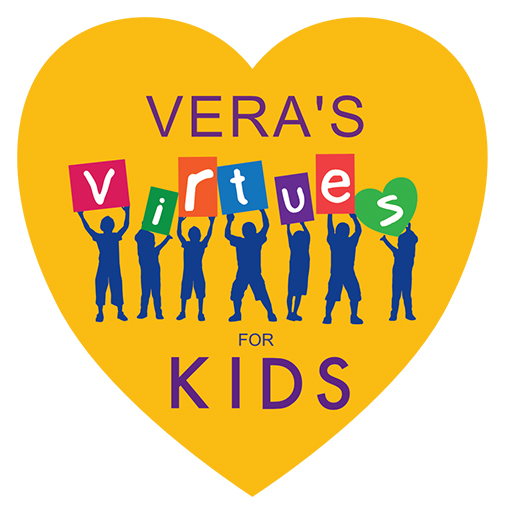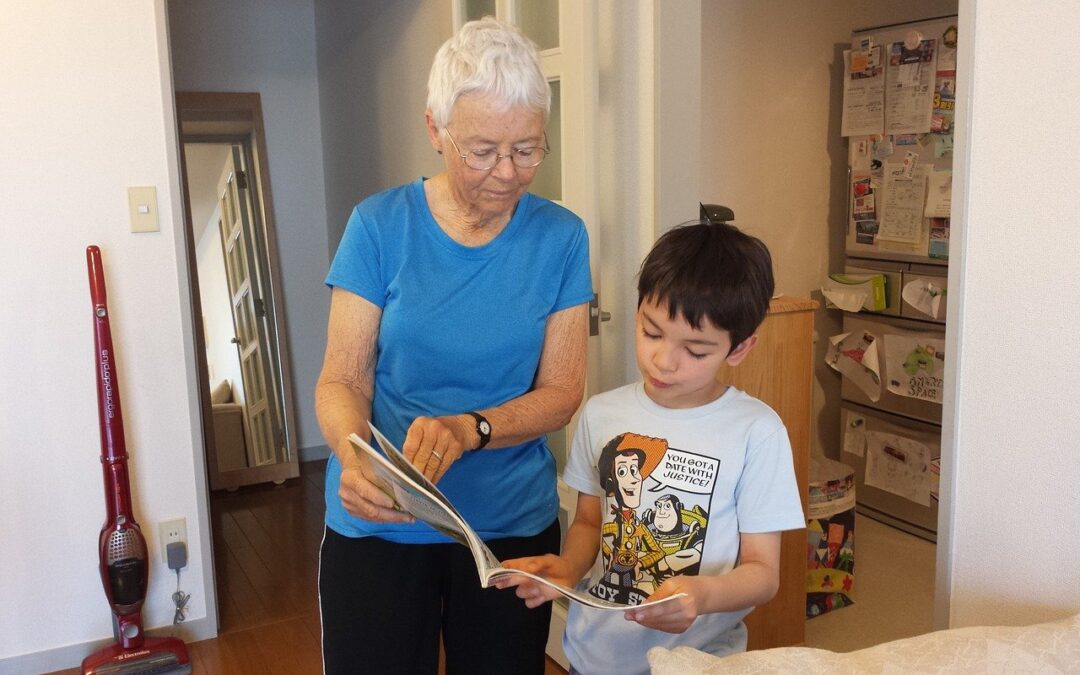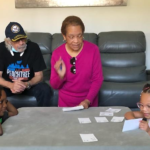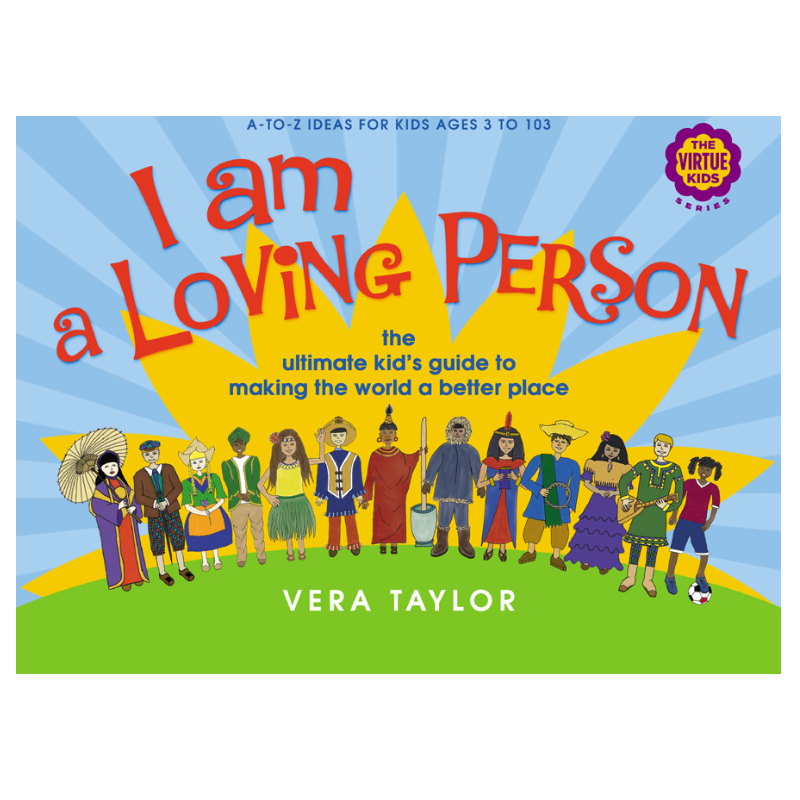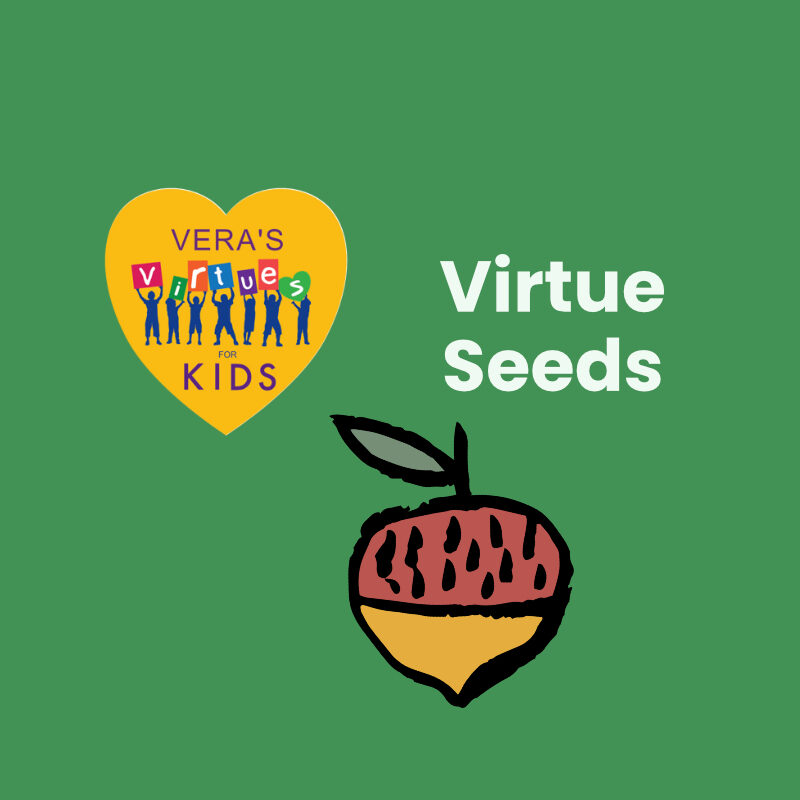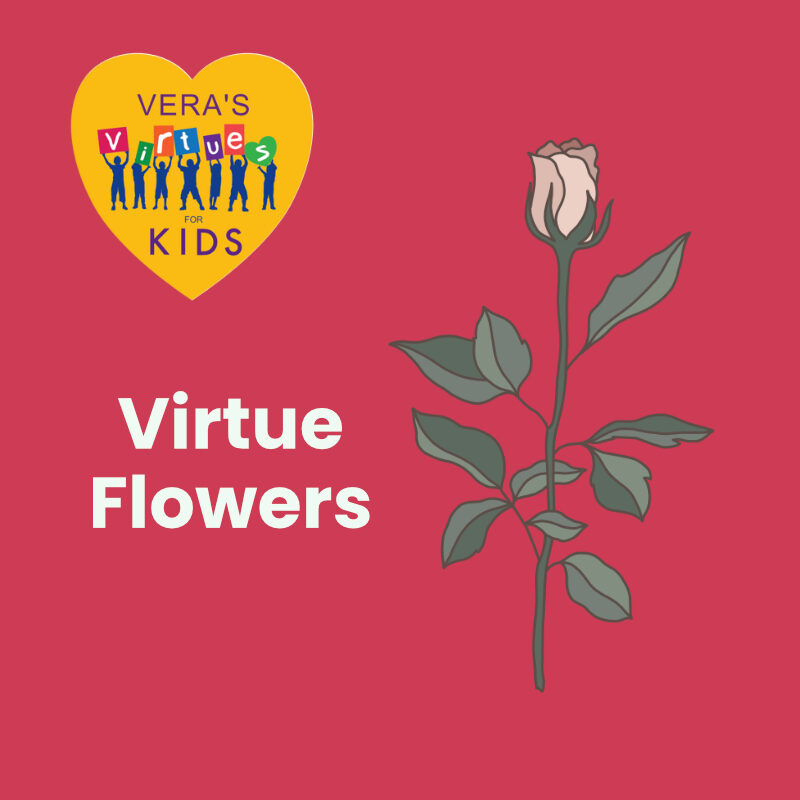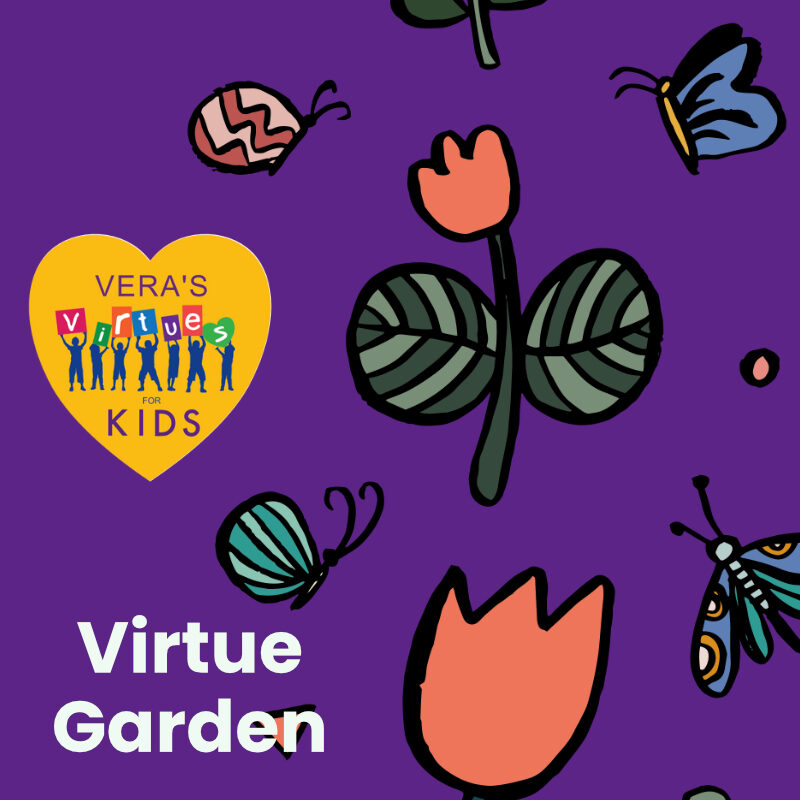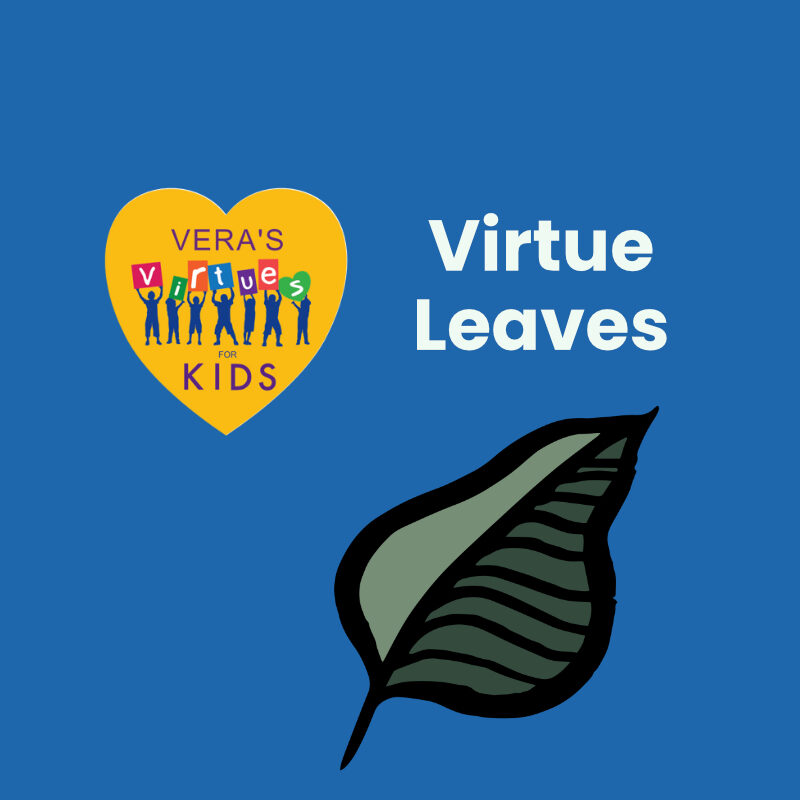For mothers are the first educators, the first mentors; and truly it is the mothers who determine the happiness, the future greatness, the courteous ways and … of their little ones. Among the greatest of all great services is the education of children and promotion of the various sciences, crafts and arts.
Why is mentoring important? Tyrone Terrill, our guest contributor this month, believes it is everyone’s responsibility to give back. Vera’s Virtues for Kids (VFK) adds that mentoring can help break the cycle of violence, abuse, and prejudices of all kind.
Who can serve as a mentor? Fathers, mothers, sisters, brothers, grandparents, aunts, uncles, friends, teachers, counselors or anyone who cares enough about the well-being of a learner at any age. To always be in a posture of learning is an asset.
What is among the greatest of all great services? Among the greatest of all great services is the education of children and promotion of the various sciences, crafts and arts. … Service is love in action. It’s education. It’s mentoring another human being. It’s helping to bring out their best personal and social behavior.
Where and how often does one mentor? Always have a safe, supportive environment. One example is our Lucky 7 Sharing Circle. It suggests a weekly gathering. However, daily service is a noble goal. How simple is it to smile at everyone? Some mentors connect monthly. Where and how often to meet is situational.
When is the best time to mentor? It is best to educate (draw out) virtues in children before age six. However, this newsletter shares some universal wisdom based on 25 years of service as a teen mentor. Read about Tyrone Terrill’s “Ajani” Mentoring Group who took 2000 men to the historic million-man march in 1995.
How does one mentor children? We recommend teaching them to how to first recognize and then acknowledge a virtue The Ajani program does that in its 21 standards that were established to enable, encourage and empower African American boys to be men. Actually, their standards can benefit girls and all cultural groups because they are based on virtues (innate gifts of character). For example, enabling boys and girls around the globe to have self-love, to show empathy, cooperation, respect, and responsibility empowers them to make the world a better place.
Mr. Terrill shared a teen mentoring tip called the 60-second rule. As you listen to his story, think about how to apply the 60-second rule to a young learner?
Service Affirmation

Activity for the Virtue of Service
Service Plan ACTIVITY
The words below come from a list of holidays celebrated in the month of March. Circle 9 of the 20 numbers. Write in column 2 a fun and easy way to serve someone in need. Don’t forget to include books, arts, and crafts, and science activities. In column 3 write a date that you will do the service.
|
March Holidays |
My Service |
By this Date |
|
1. Brain Awareness Week |
|
|
|
2. Day of Happiness |
|
|
|
3. Diabetes Alert Day |
|
|
|
4. Equinox Earth Day |
|
|
|
5. Genealogy Day |
|
|
|
6. Girls in Science and Engineering |
|
|
|
7. Hug Day |
|
|
|
8. I’m In Control Day |
|
|
|
9. K-9 Veterans Day |
|
|
|
10. Learn About Butterflies Day |
|
|
|
11. Mom and Pop Business Owners Day |
|
|
|
12. National Dentist Day |
|
|
|
13. National Incredible Kid Day |
|
|
|
14. National Puppy Day |
|
|
|
15. Optimism Day |
|
|
|
16. Plant A Flower Day |
|
|
|
17. Read Across America |
|
|
|
18. Respect Your Cat Day |
|
|
|
19. Sleep Awareness Week |
|
|
|
20. World Poetry Day |
|
|
Recommended books from Vera’s Virtues for Kids Reading List with “what if” questions:
| 1. I am a Loving Person: The Ultimate Kids … | Taylor, Vera | …What if parents and children learned to recognize a virtue and acknowledge someone for practicing it. |
| 2. Giraffes Can’t Dance | Giles, A and Parker-Rees, G | … What if children were encouraged to dream big dreams and believe dreams can come true? |
| 3. Knees Lifted | Perez, Georgia | … What if more people showed self-discipline in daily exercise and healthy eating habits? |
| 4. Stop Picking on Me (A First Look at Bullying) | Thomas, Pat | … What if every child learned to say I am worthy, and that child actually believed it? |
| 5. When the Wind Stops | Zolotow, Charlotte | … What if children understand that in the circle of life nothing ends but begins in another place? |
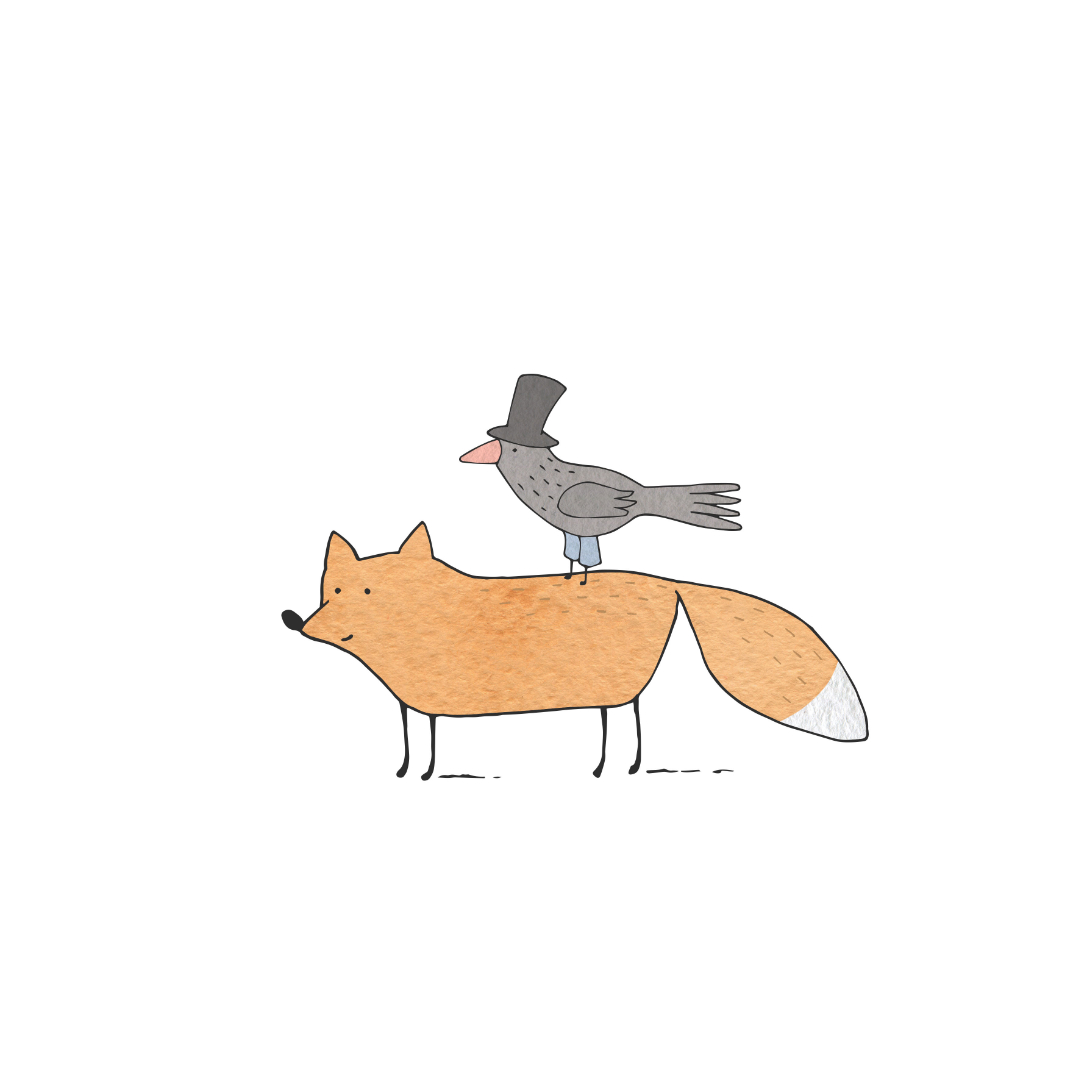

About the Author
Vera Smoot Taylor teaches child caregivers how to foster child well-being. Well-being is developed by early positive experiences and leads to normal brain development. Also, well-being is linked to happiness. Happiness is recognizable by high self-esteem, respect for all, follow through, love of learning, problem solving, and giving back. To supplement her teaching, Vera created a few basic resources that support brain development in three areas:
1. Spiritual and intellectual learning
2. Mental and emotional health
3. Relations and social behaviors
Vera’s work experience spans more than 35 years in public schools, private industry, and medical education. She served as a volunteer faculty for The Parent University in Atlanta. She currently serves on a national committee developing a course on spiritual parenting for racial justice.
Born and raised in WV, Vera lives in Georgia with her husband of 58 years. She enjoys country music, line dancing, and preparing meals that heal body illnesses. A special day is ‘back-porch swinging” with a friend.
